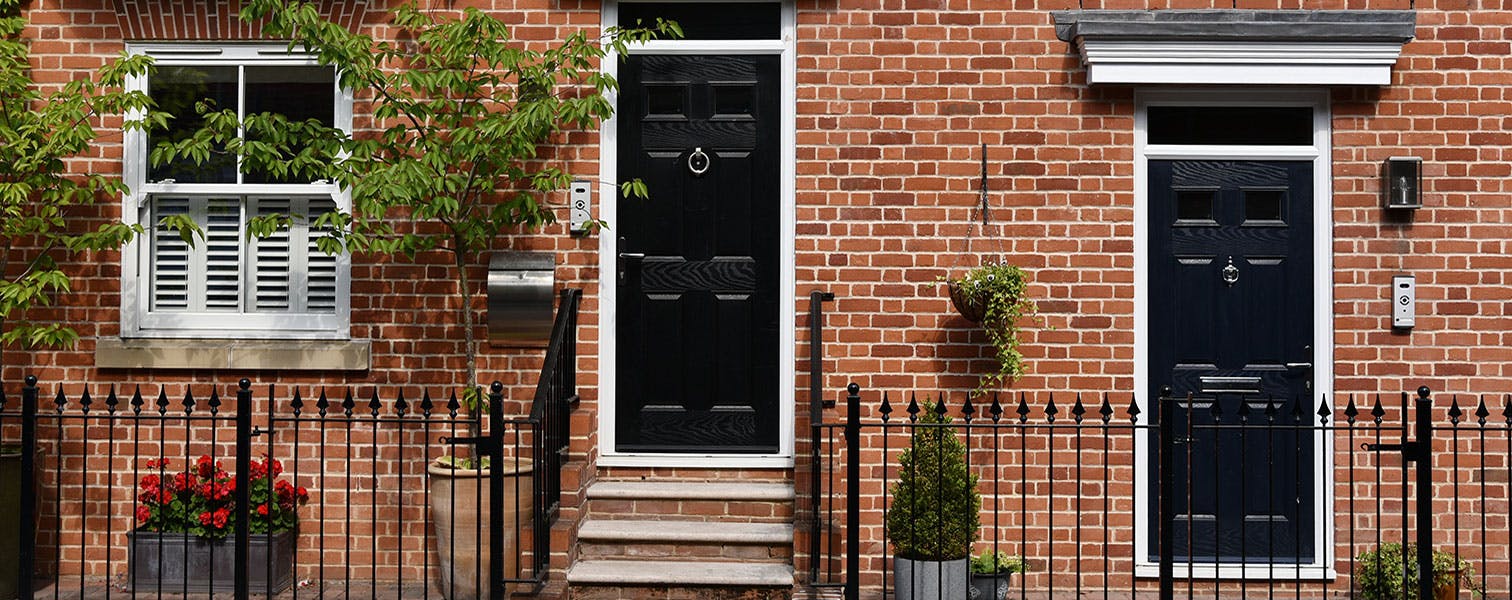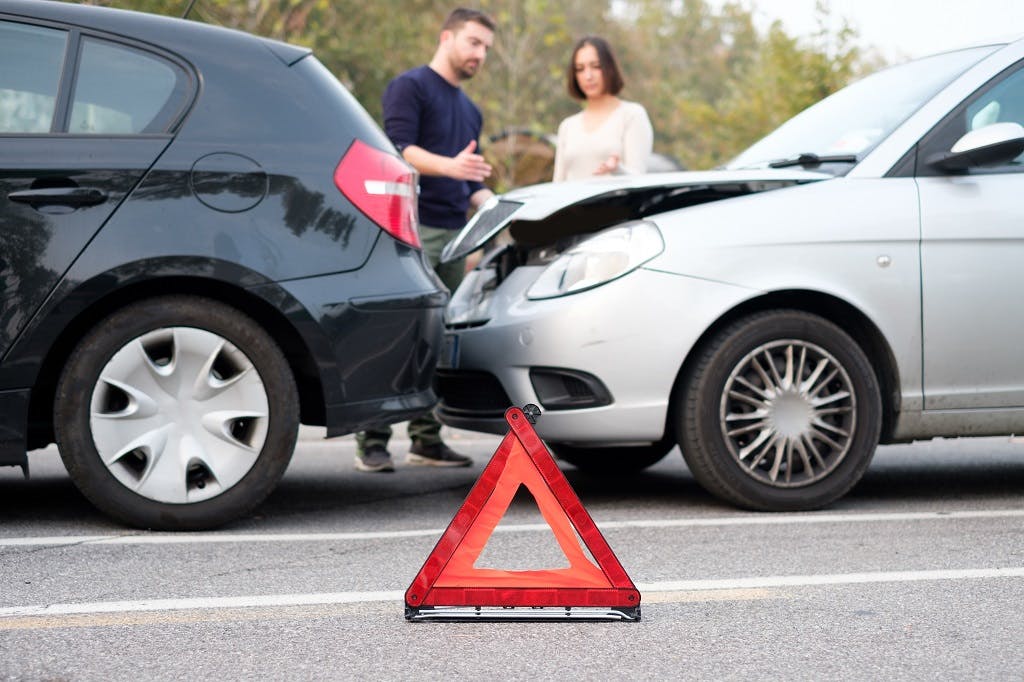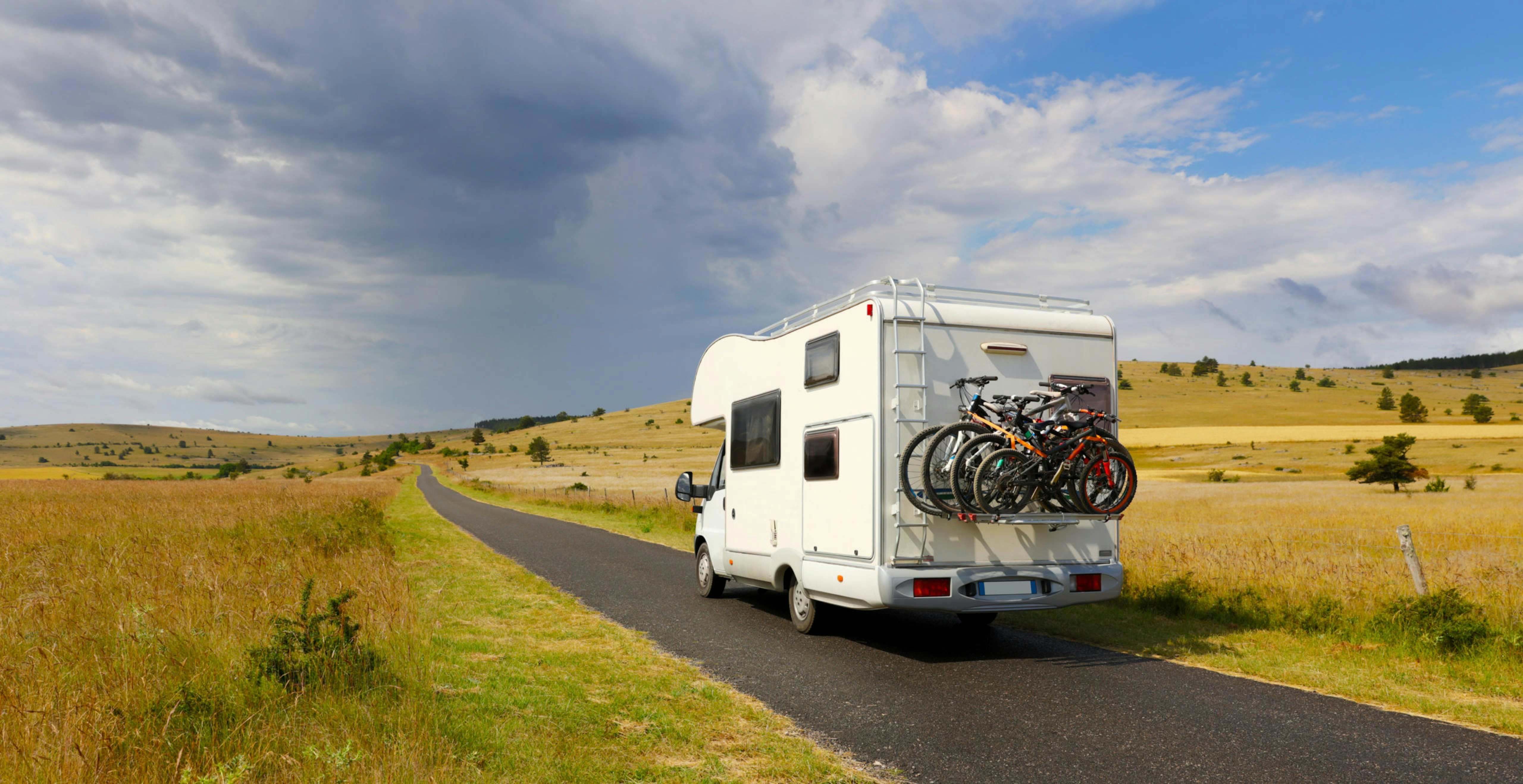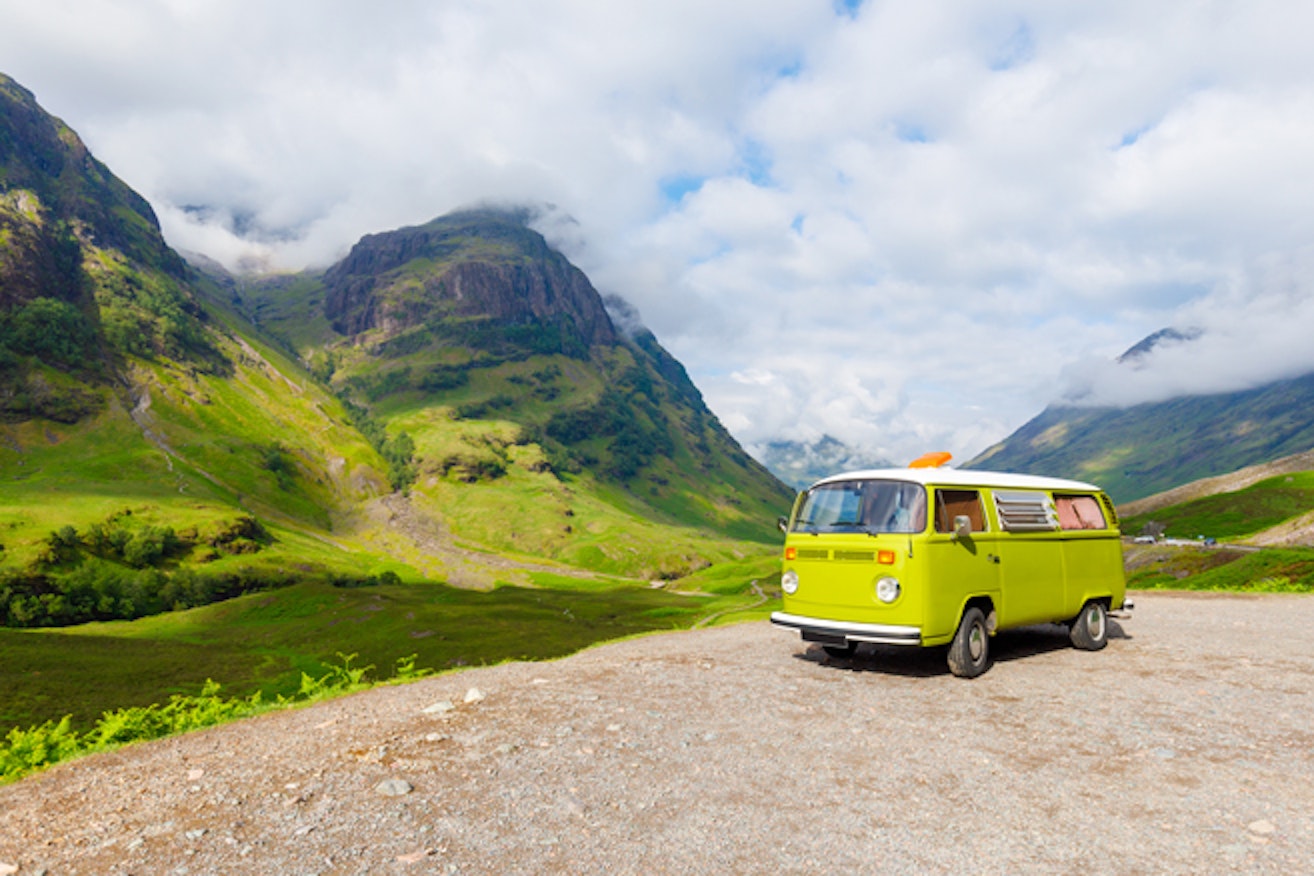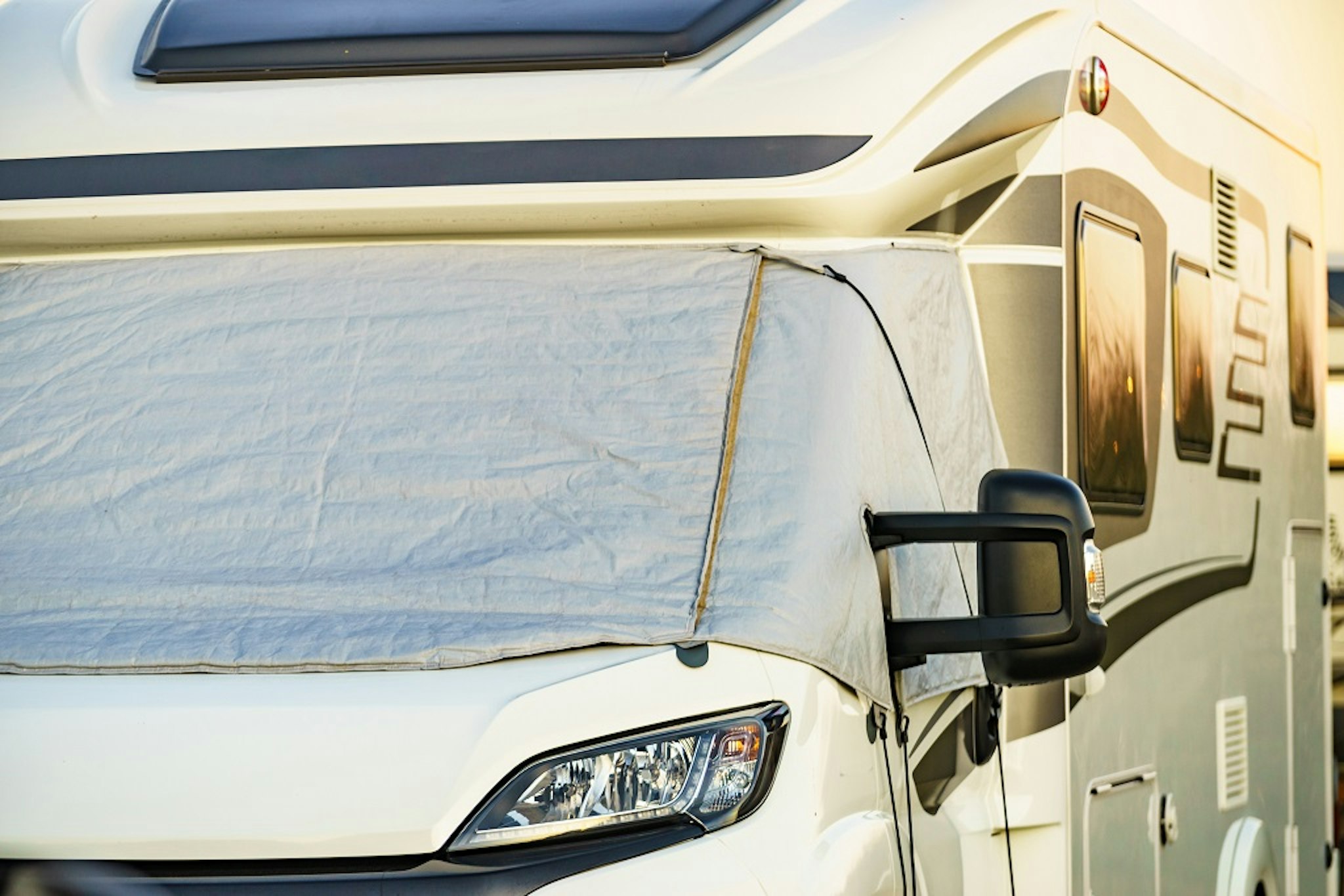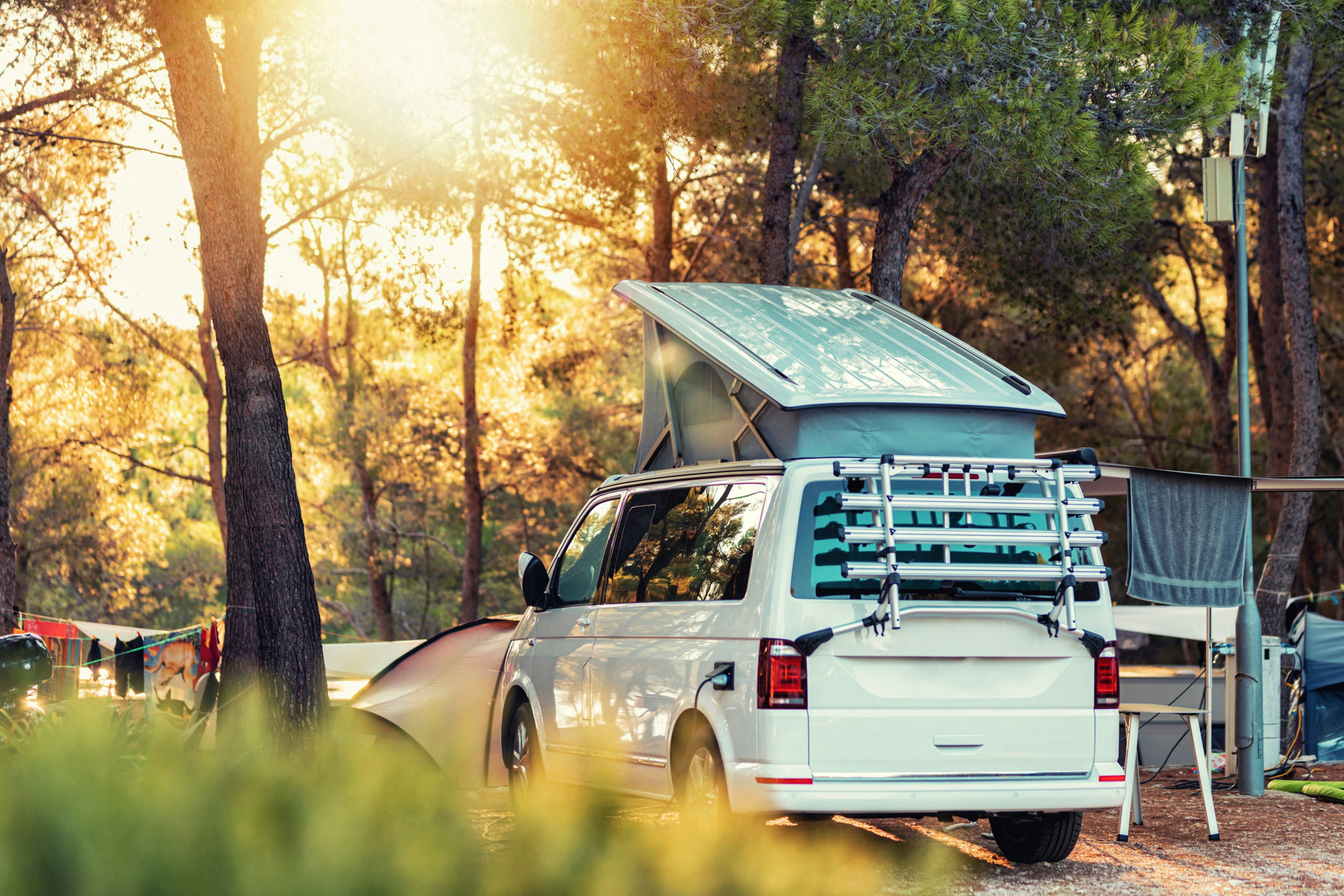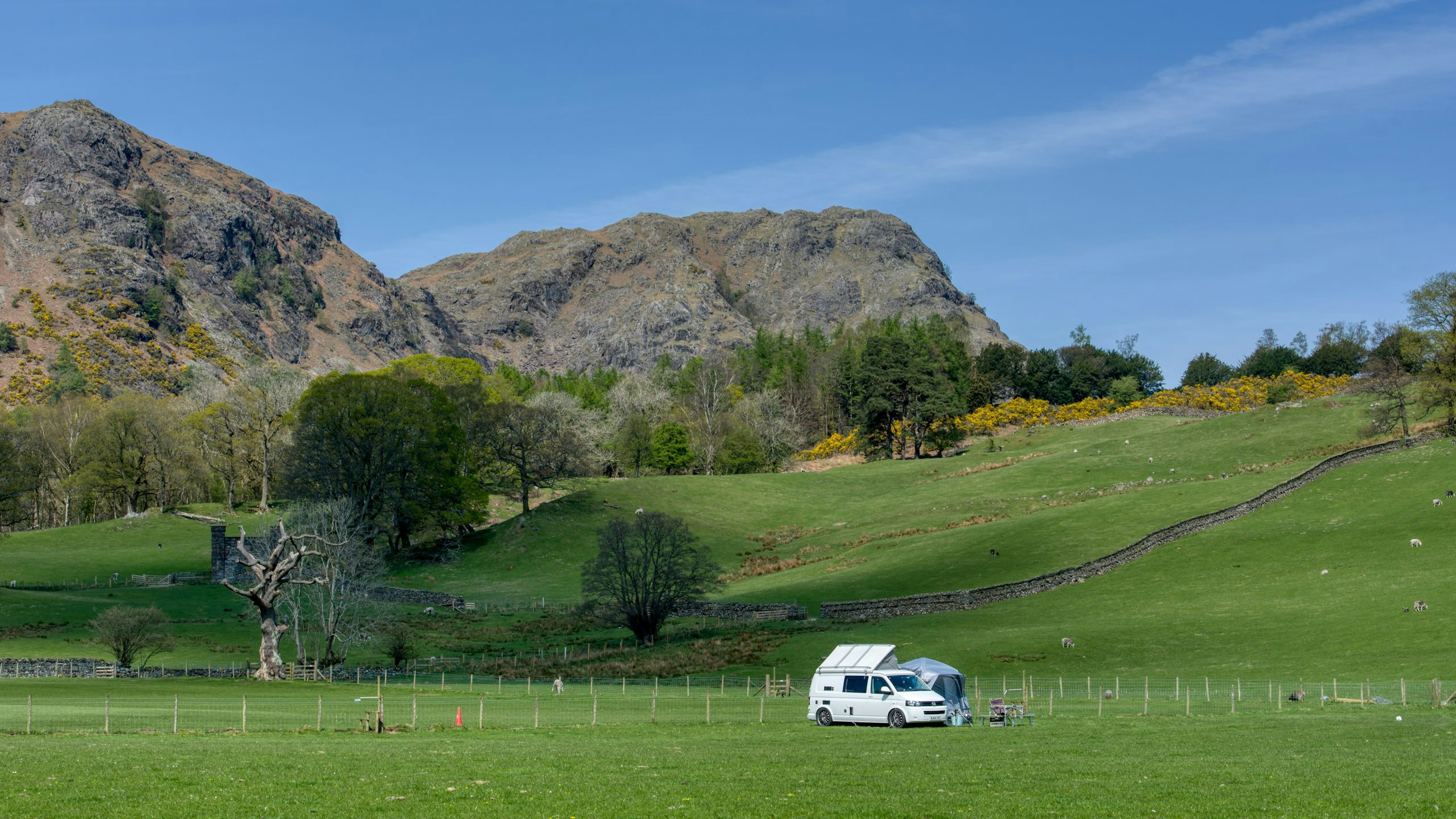- Fully comprehensive
- Third-party fire and theft
- Third-party-only policies available

Motorhome Insurance
Specialised cover for motorhome owners in the UK, protecting against damage, theft, and liabilities during use or storage.
- Social, domestic, and private use
- Competitive premiums
- UK-based claims service

Motorhome insurance provides vital protection for your pride and joy. It allows you to enjoy life on the open road, safe in the knowledge you’re covered for every eventuality.
The Alan Boswell Group Difference
As motorhome insurance brokers we’ve been arranging insurance cover for businesses for more than 40 years and have access to a panel of the country’s leading insurers.
Our dedicated team looks after motorhome clients from across the UK; everything from fleets of commercial hire vans, to small family-run motorhome hires, from storage companies who also offer their customers a hire van, to splitter vans taking bands on tour. We help you with any claims, supporting you through the process.
We’ve also put together a range of useful guides, articles and tips for motorhome and campervan owners in our knowledge hub.

Motorhome insurance in detail
Accidental/malicious damage cover
Theft from vehicle
Damage caused by theft or attempted theft
Fire damage
Third-party while towing
Glass and windscreen
Replacement locks
New vehicle cover
Personal accident
European travel
Courtesy vehicle
Optional extras
Legal expenses cover
Key care
Call Assist breakdown and recovery services
Excess protection
Please keep in mind that your replacement vehicle will be a small hatchback as Call Assist don’t have a fleet of courtesy motorhomes.
FAQs
Get in touch
Whether you need a quote, have a general enquiry, want to register a claim, or talk it through over the phone, we're here to help.










